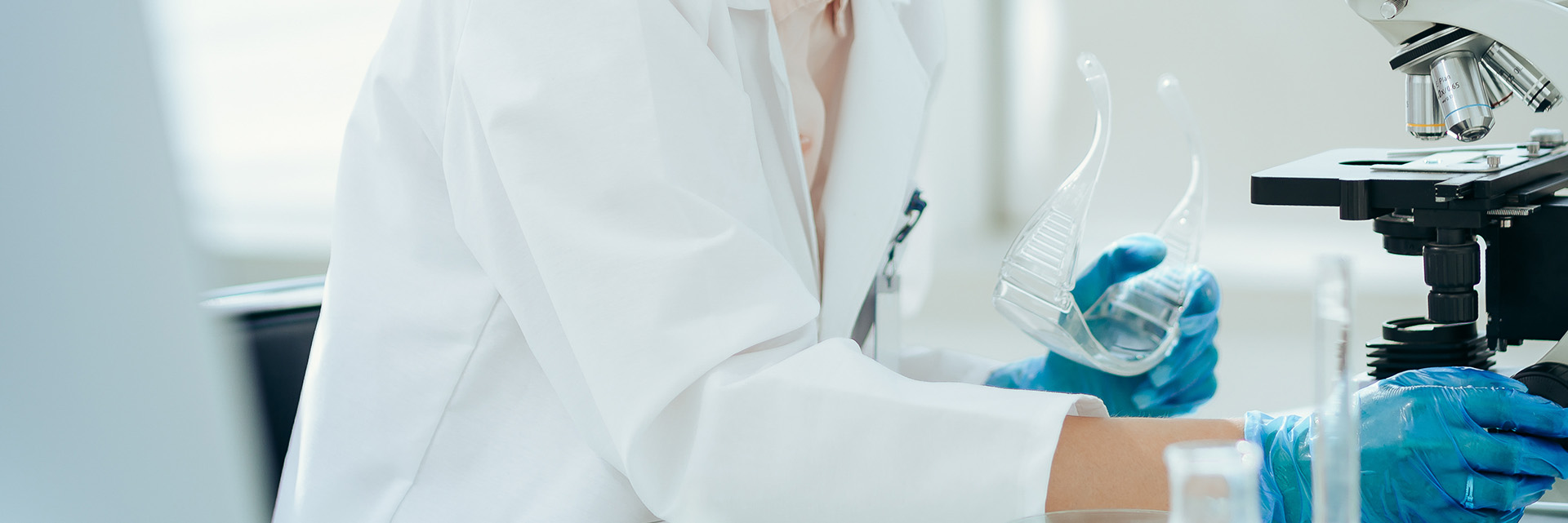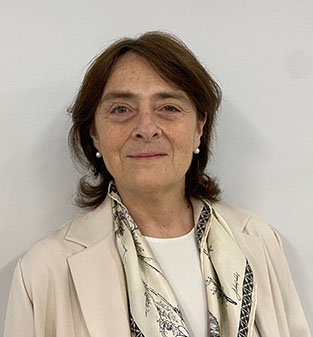

HEISSIG Beate, M.D., Ph.D.
Juntendo Biomedical Research Core Facilities, Graduate School of Medicine
Department of General Education, Faculty of Medicine
Department of General Education, Faculty of Medicine
Short Biography
| 1984-1990 | M.D., Philipps University Marburg/ RWTH Aachen University, Germany |
| 1993 | Ph.D., Philipps University Marburg, Germany |
| 1991-1998 | Physician (Oncology, Hematology), Heidelberg/Mannheim and Tuebingen University, Germany |
| 1998-2003 | Senior Research Associate, Cornell University and Sloan Kettering Cancer Center, New York, USA |
| 2003-2004 | Assistant Professor, Juntendo University |
| 2004-2019 | Associate Professor, The University of Tokyo |
| 2019-2024 | Specially Appointed Associate Professor, Juntendo University Graduate School of Medicine |
| 2019-Present | Associate Professor, Juntendo Biomedical Research Core Facilities, Juntendo University Graduate School of Medicine
Associate Professor, Department of General Education, Faculty of Medicine, Juntendo University |
Keywords
- Inflammation, COVID-19
- Cancer
- Tissue regeneration
- Stem Cells
- Hematopoiesis
- Proteases
Main Research Topics and Interests
- We seek to understand the signaling pathways involved in inflammation, cancer, and tissue repair in this department.
Publications (in English)
- Original Articles: 50
- Review Articles: 20
- h-Index: 34 (Web of Science)
- Sum of Times Cited: 9,518 (Web of Science)
Recent Main Publications
- Salama Y, Munakata S, Osada T, Takahashi S, Hattori K, Heissig B. Heparin-binding EGF-like growth factor via miR-126 controls tumor formation/growth and the proteolytic niche in murine models of colorectal and colitis-associated cancers. Cell Death & Disease, doi: 10.1038/s41419-024-07126-2, 2024.
- Yatsenko T, Rios R, Nogueira T, Salama Y, Takahashi S, Adachi E, Tabe Y, Hattori N, Osada T, Naito T, Takahashi K, Hattori K, Heissig B. The influence of 4G/5G polymorphism in the plasminogen-activator-inhibitor-1 promoter on COVID-19 severity and endothelial dysfunction. Front. Immunol., Volume; doi.org/10.3389/fimmu.2024, 2024.
- Yatsenko T, Rios R, Nogueira T, Salama Y, Takahashi S, Tabe Y, Naito T, Takahashi K, Hattori K, Heissig B. Urokinase-type plasminogen activator and plasminogen activator inhibitor-1 complex as a serum biomarker for COVID-19. Front Immunol. 2024 Jan 11:14:1299792, doi: 10.3389/fimmu.2024.1390698./, 2024.
- Salama Y, Takahashi S, Tsuda Y, Okada Y, Hattori K, and Heissig B. YO2 induces melanoma cell apoptosis through p53-mediated LRP1 downregulation. Cancers 15, 288; doi 10.3390/cancers15010288, 2023.
- Salama Y, Hendrik Heida A, Yokoyama K, Takahashi S, Hattori K, Heissig B. The EGFL7-ITGB3-KLF2 axis enhances myeloma cell survival and contributes to drug resistance. Blood Advances, 24;4(6):1021-1037, 2020.Blood: 6;130(1):59-72, 2017
- Shimazu H, Munakata S, Tashiro Y, Salama Y, Dhahri D, Eiamboonsert S, Ota Y, Onoda H, Tsuda Y, Okada Y, Nakauchi H, Heissig B, Hattori K. Pharmacological targeting of plasmin prevents lethality and tissue damage in a murine model of macrophage activation syndrome. Blood: 6;130(1):59-72, 2017.
- More
Other Specific Comments
- We welcome highly motivated, competitive, self-funded postdoctoral fellows or graduate students with interest and experimental backgrounds in inflammation (including COVID-19, auto-immune diseases), stem cell biology, or cancer research.
- People joining our group should be motivated to work in an international environment and be willing to collaborate with research groups from abroad.